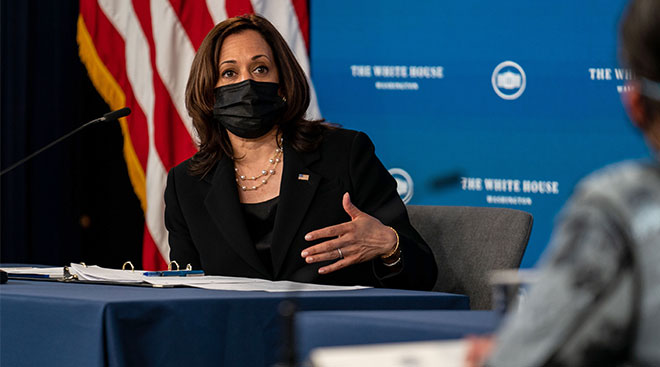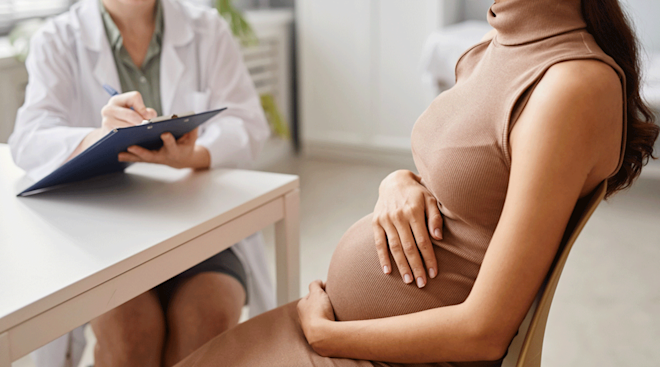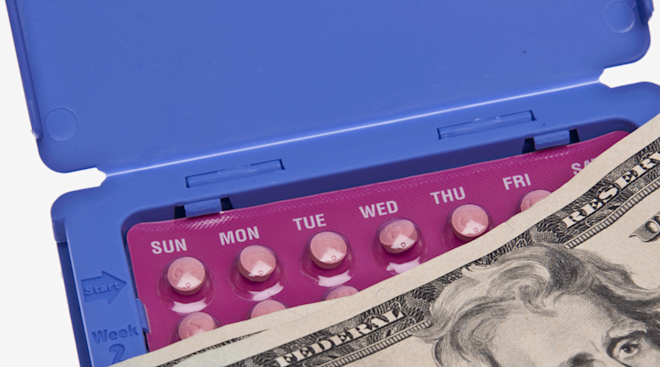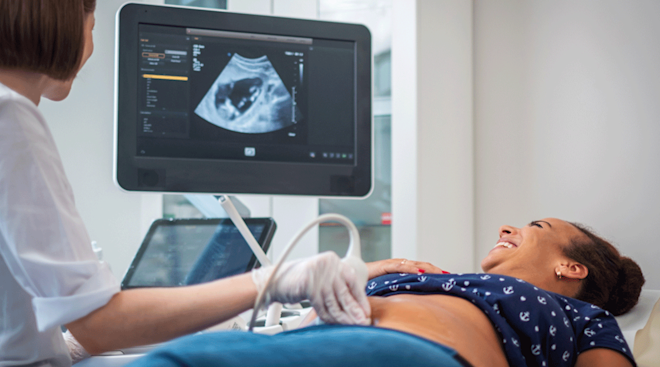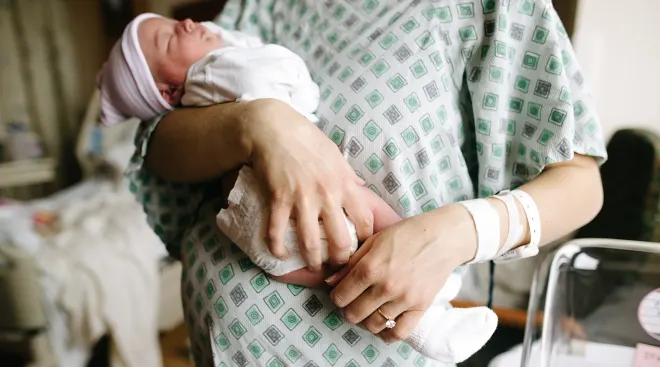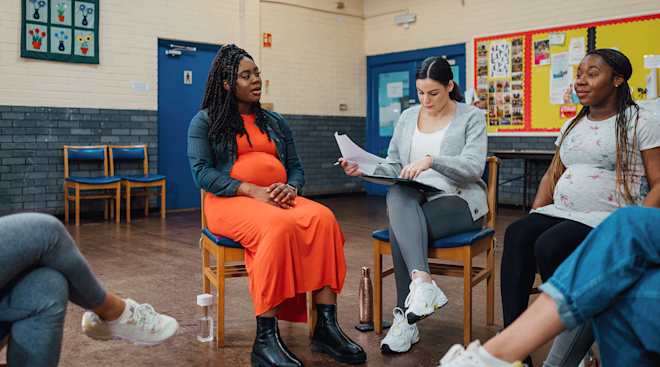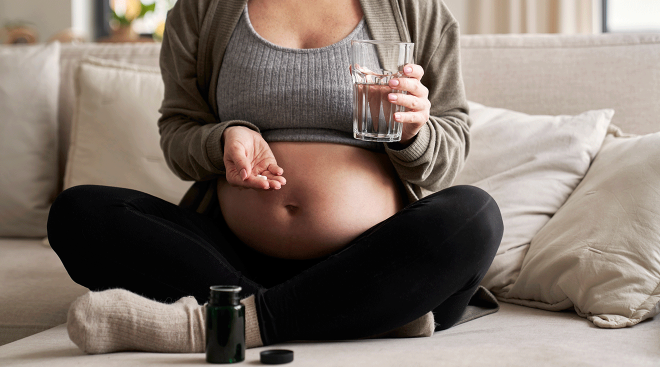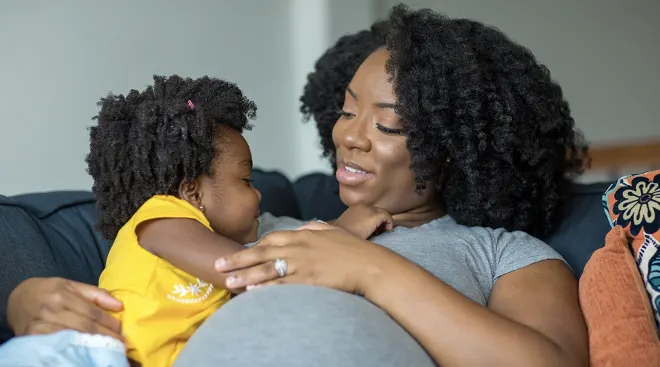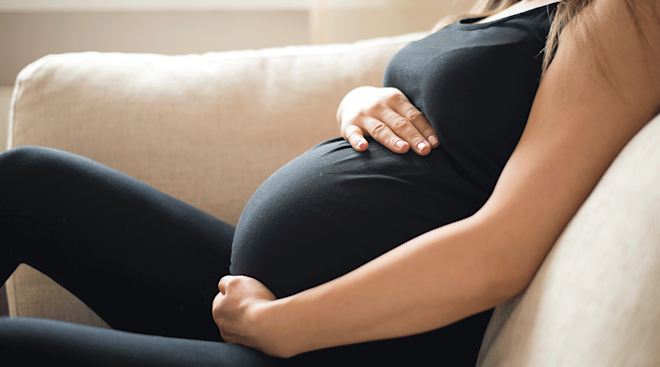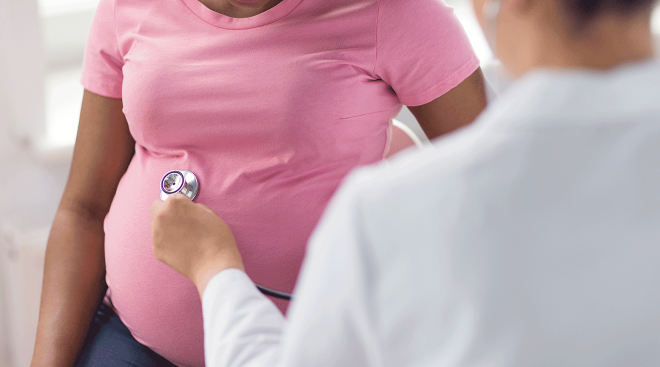White House Has Issued Its First Proclamation on Black Maternal Health
This week is Black Maternal Health Week, a week that works to fight against the continued high mortality rates for Black maternal women in America. While legislation has been introduced to help combat the inequalities in Black maternal health, for the first time ever the White House has issued a proclamation on the crisis.
Issued by President Biden on Tuesday, April 13, the proclamation begins, “In the United States of America, a person’s race should never determine their health outcomes, and pregnancy and childbirth should be safe for all. However, for far too many Black women, safety and equity have been tragically denied.”
The proclamation is part of the administration’s efforts to address the racial disparities that exist during pregnancy and in childbirth-related deaths and complications. “Health care is a right, not a privilege, and our country needs a health care system that works for all of us,” Biden says. “That is something both Vice President Harris and I have fought for throughout our careers.”
In honor of Black Maternal Health Week, Harris also hosted a roundtable discussion with Susan Rice, the director of the White House’s Domestic Policy Council. “Black women in our country are facing a maternal health crisis,” she said during the event. “We know the primary reasons why: systemic racial inequities and implicit bias.”
In the developed world, America continues to have the highest maternal mortality rates, where Black women are two to three times more likely to die from pregnancy-related causes than their white counterparts. According to the Centers for Disease Control and Prevention, the disparities are due to unequal access to case and implicit biases that exist in healthcare. Plus, the CDC says the crisis doesn’t just affect moms—Black babies are over twice as likely to die before their first birthday than white babies.
Along with the proclamation, the administration has also planned action items to combat the ongoing crisis with the American Rescue Plan, The New York Times reports. Under the bill, the administration would budget approximately $30 million for implicit bias training for healthcare providers and allow states to offer Medicaid coverage to postpartum women for a whole year rather than the current 60 days.
Please note: The Bump and the materials and information it contains are not intended to, and do not constitute, medical or other health advice or diagnosis and should not be used as such. You should always consult with a qualified physician or health professional about your specific circumstances.
Navigate forward to interact with the calendar and select a date. Press the question mark key to get the keyboard shortcuts for changing dates.

































